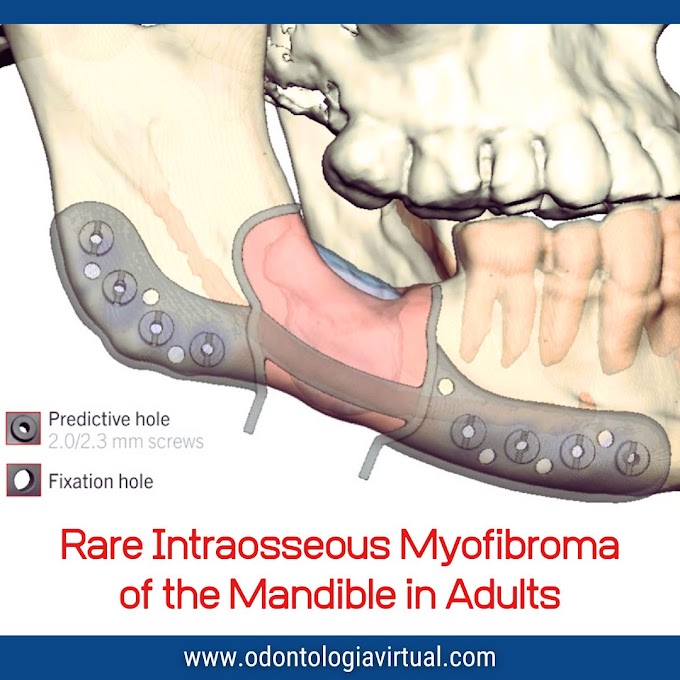Candida species, which are a part of the human oral microbial flora, in particular Candida albicans, are the main etiologic agents responsible for the development of oral candidiasis.
These funguses are known as the commensally intra-oral microorganism, which varies from 20% to 50% in a healthy edentulous population and up to 75% in denture-wearers. The manifestation of oral candidiasis can occur in many different forms including median rhomboid glossitis, atrophic glossitis, denture stomatitis, and angular cheilitis.
Risk factors for the development of oral candidiasis include immunosuppression, wearing dentures, pharmacotherapeutics, smoking, infancy and old age, endocrine dysfunction, and decreased salivation.
The rapid development and spread of antifungal resistance, especially for treatment of candidiasis caused by non-albicans Candida species, have become an increasingly serious public health problem in a wide range of infectious diseases.
Abbas Ali jafari 1, Mohammad Hossein Lotfi-Kamran 2, *, Abbas Falah-Tafti 2, Saeeb Shirzadi 2
1 Medical School, Shahid Sadoughi University of Medical sciences, Yazd, IR Iran
2 Dentistry School, Shahid Sadoughi University of Medical Sciences, Yazd, IR Iran
*Corresponding author: Mohammad Hossein Lotfi-Kamran, Dentistry School, Daha-Fajr Boulevard, Shahid Sadoughi University of Medical Sciences, Yazd, IR Iran. Tel: +98-3518228717, Fax: +98-3518367668, E-mail: jaabno@gmail.com.
Received: February 20, 2013; Revised: Jun 05, 2013; Accepted: Jun 17, 2013












